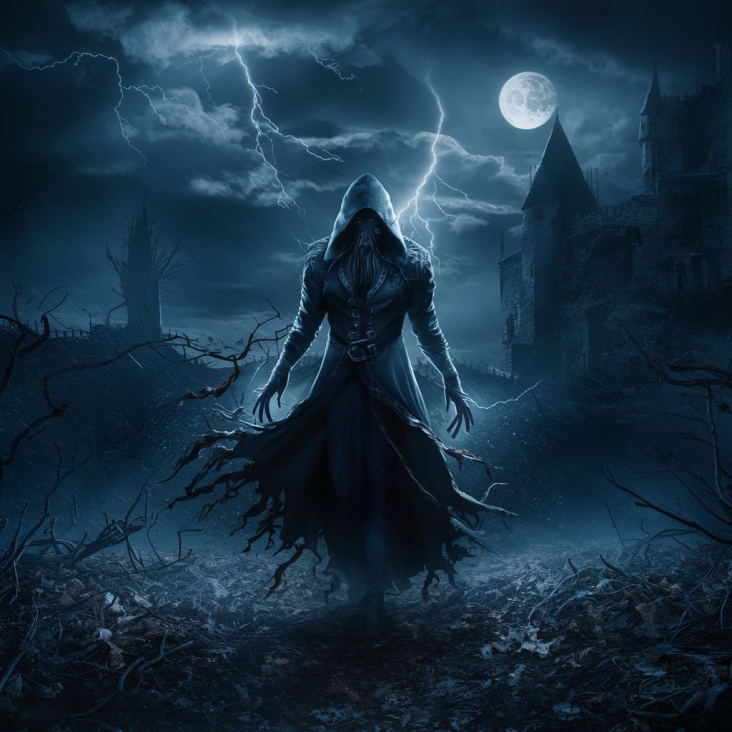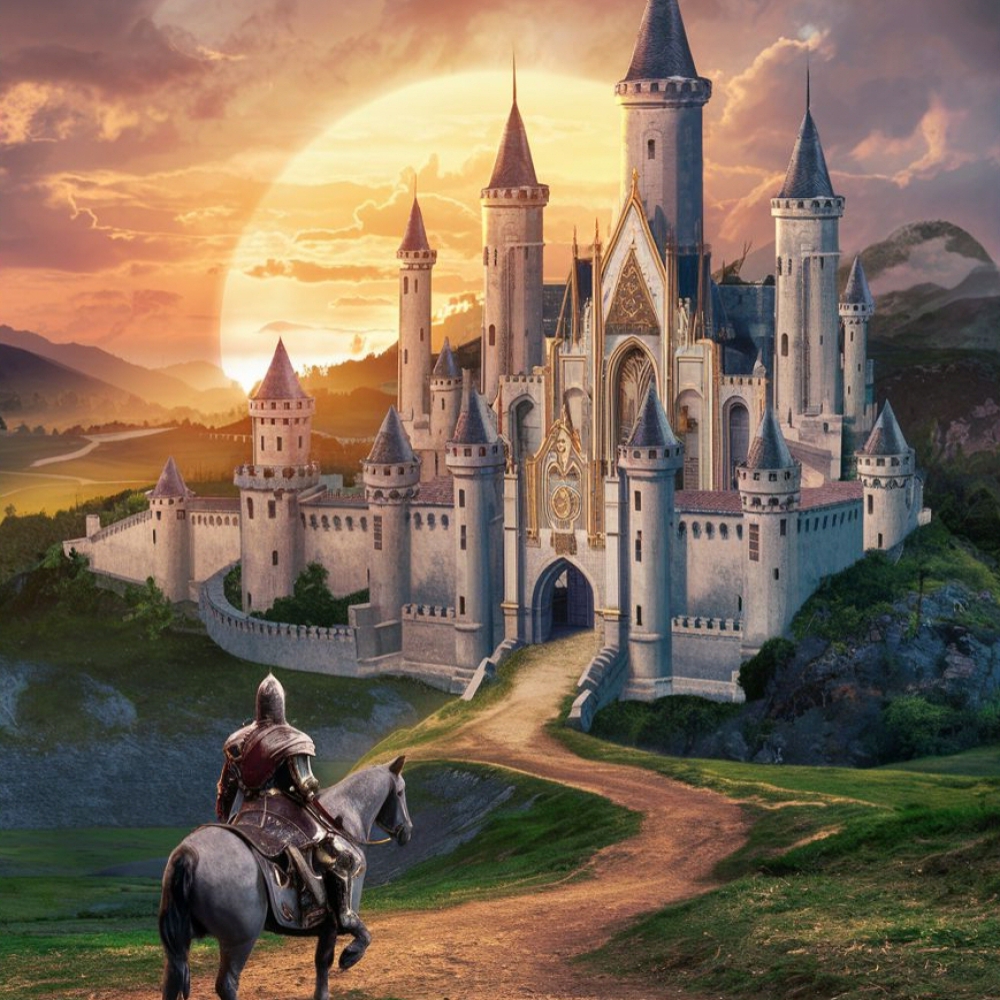Before I buy a novel I like to know more than what can be gleaned from the cover and blurb. It might not be hard to work out the genre, even the subgenre and intended audience, but other properties of a work of fiction are not so easily discerned.
One such property is that of worldview. This is the way the author presents the nature of good and evil in his sub-created world, and how that world deals with the agency of its characters. This sets the mood of the world in which the story takes place.
The four worldviews are Grimdark, Nobledark, Noblebright, and Grimbright. These are more readily associated with fantasy, but also apply to other genres.
Grimdark and Noblebright, at least, have origins in the gaming world where the latter defines the world of Dungeons & Dragons, and the former the bleak world of Warhammer 40k. Some have even played around with defining these worldviews, and variations thereof, on the D&D alignment charts of Good, Evil, Lawful, and Chaos.
On his TikTok channel, fantasy author Andrew D. Meredith breaks down the elements of these worldviews thus:
DARK — a setting where evil might win
BRIGHT — a setting where good will triumph
GRIM — where the hero or heroes have no or little agency to change the world
NOBLE — where the hero or heroes have agency to change the world
These worldviews can be seen as a succession, or more accurately a cycle, through which a civilization goes. Author Joe Vasicek has even gone so far as to put forward the idea that the fictional worldview a reader is drawn toward is heavily influenced by the conditions of the real world as they were coming of age. I think there's a lot of truth to that.
Meredith, who refers to these worldviews as 'aesthetics', and drawing on Vasicek's article, lists these cycles as follows:
GRIMDARK — weak men create hard times (e.g. A Song of Ice and Fire)
NOBLEDARK — hard times create strong men (e.g. The Lord of the Rings)
NOBLEBRIGHT — strong men create good times (e.g. The Chronicles of Narnia)
GRIMBRIGHT — good times create weak men (e.g. The Princess Bride)
I suspect that authors, and especially readers, are drawn to specific worldviews in the books they read. I know I am (Nobledark, in case you were wondering). As these terms become more prominent authors will increasingly start labelling their books with these categories, and perhaps online stores such as Amazon will also add it to their categories.
What are your thoughts? Which worldview do you prefer to read or write?
You can delve more into this topic in video format on Andrew D. Meredith's TikTok channel or, if your prefer a written format, Joe Vasicek's article listed in the credits below.
Credits
I'd like to thank Andrew D. Meredith for superbly covering this topic in detail in video format on his TikTok channel at @andrewdmth, Joe Vasicek for his excellent written article "The Generational Cycle of Grimdark vs. Noblebright", and author Brooke Clonts for helping tidy up this blog post.


